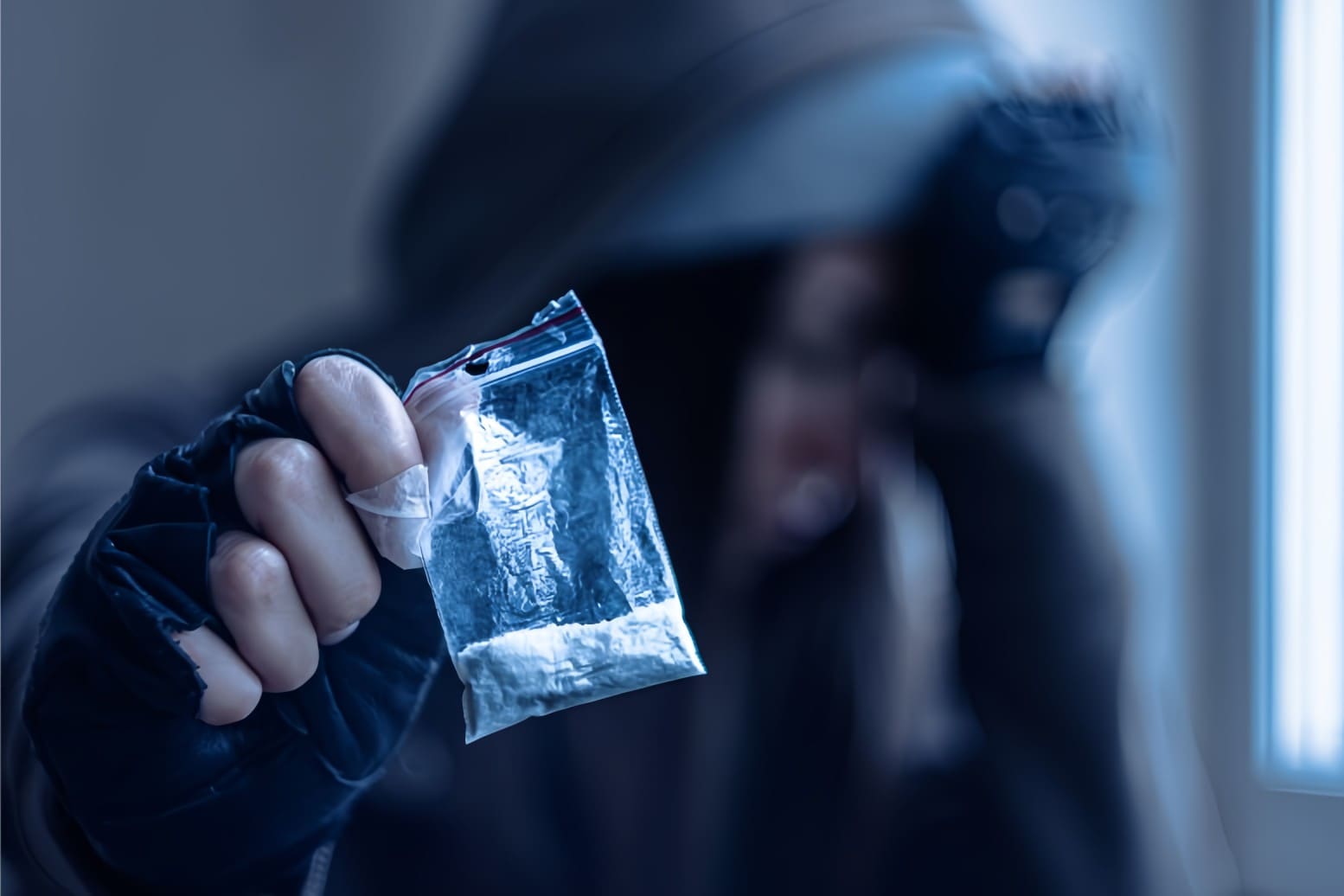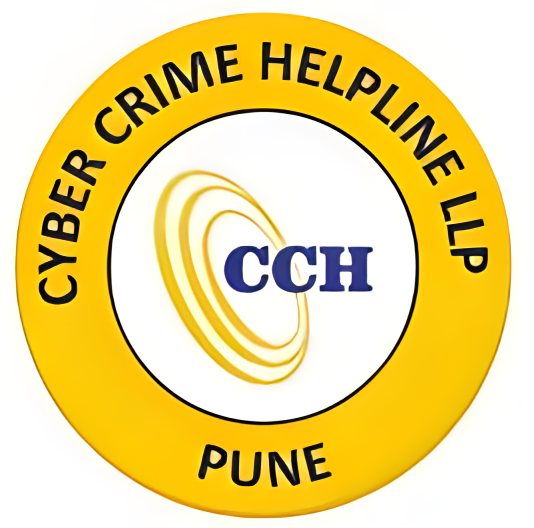Drug Abuse Investigation Services
Drug Abuse Investigation Services

Drug Abuse Investigations :
Drug abuse investigations are conducted to uncover and address instances of illegal drug possession, distribution, trafficking, or other related activities. These investigations often involve law enforcement agencies, regulatory bodies, and healthcare professionals working
Intelligence Gathering:
Collect information from various sources, including tip-offs, informants, surveillance operations, and data analysis, to identify individuals or organizations involved in drug-related activities.
Utilize tools such as undercover operations, wiretaps, and online monitoring to gather intelligence on drug trafficking networks, distribution channels, and locations of drug-related activities.
Surveillance and Monitoring:
Conduct surveillance on suspected individuals, properties, or vehicles to observe their activities and gather evidence of drug-related offenses.
Use surveillance techniques such as physical surveillance, electronic surveillance, and aerial surveillance to monitor drug trafficking routes, clandestine drug labs, and areas with high drug activity.
Controlled Purchases:
Carry out controlled drug purchases or "buy-bust" operations to gather evidence against drug dealers or distributors.
Use undercover officers or confidential informants to make controlled purchases of illegal drugs while recording the transactions and gathering information on the sellers.
Financial Investigations:
Investigate financial records, bank accounts, and assets of suspected individuals or organizations to trace the flow of money related to drug trafficking or money laundering.
Analyze financial transactions, wire transfers, and cash deposits to identify patterns of illegal activity and seize assets obtained through drug-related crimes.
Arrests and Prosecutions:
Arrest individuals suspected of drug offenses based on evidence gathered during the investigation.
Present the evidence to prosecutors for charging decisions and pursue criminal prosecutions against offenders in court.


